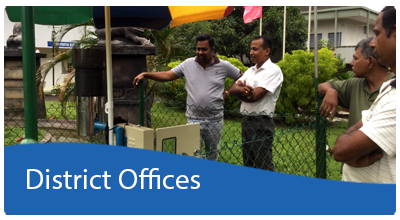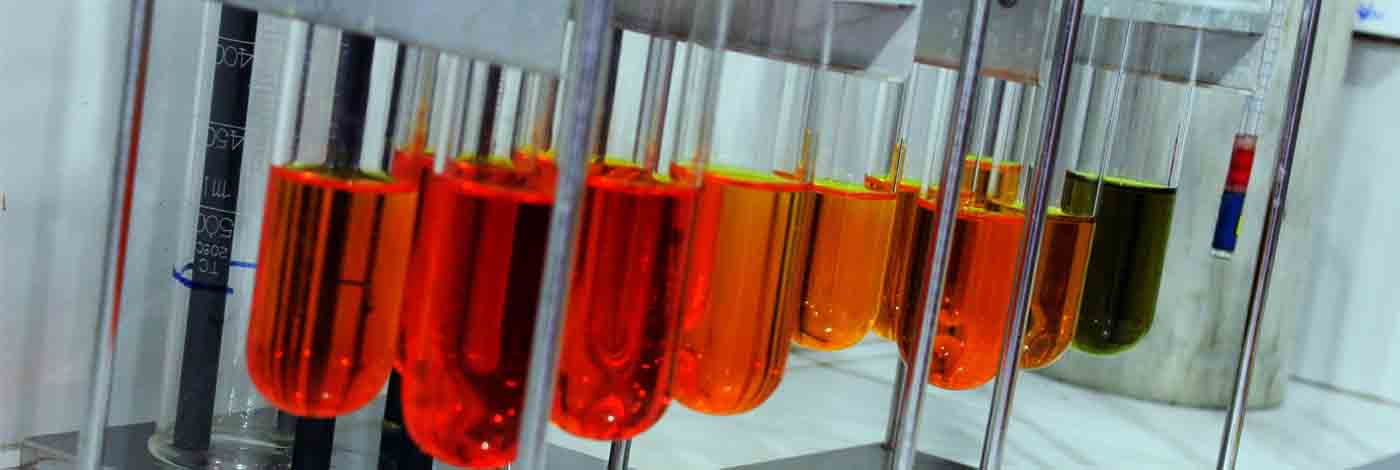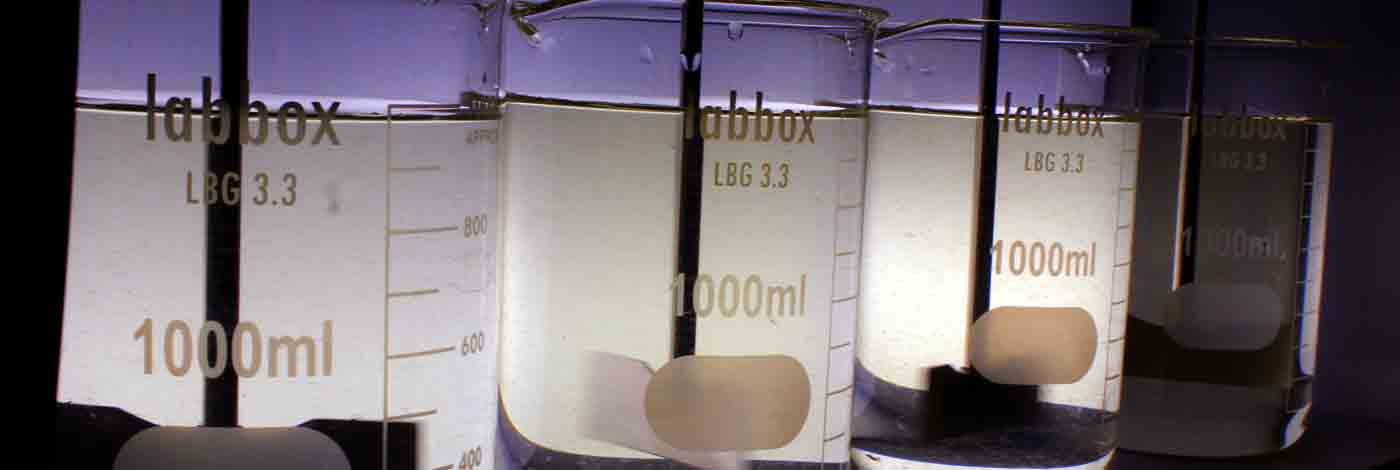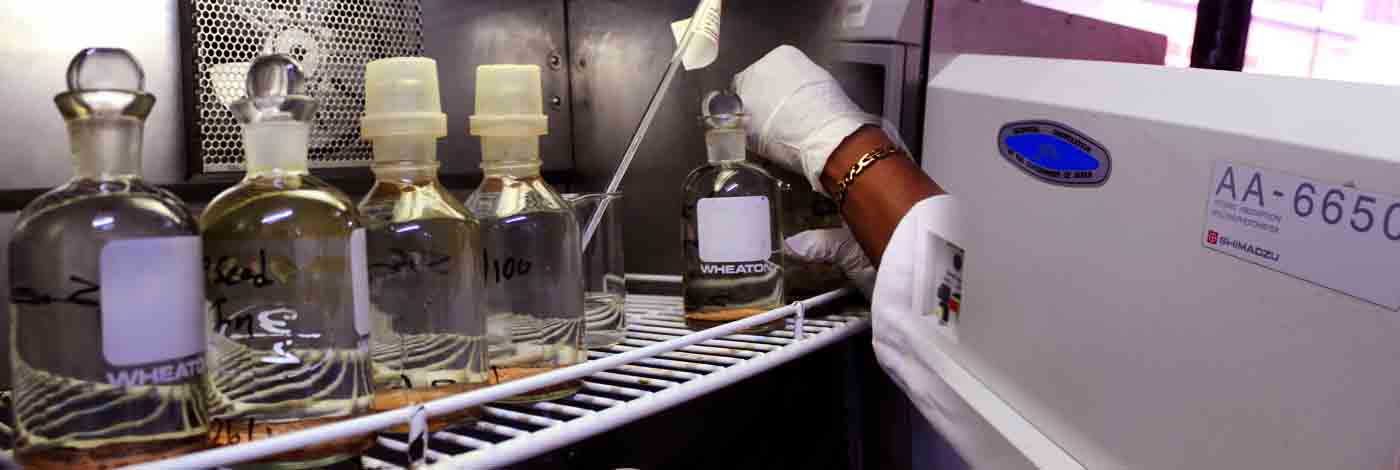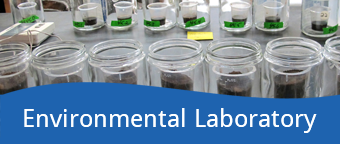With the industrial development during the past decade, Sri Lanka is experiencing chemical disasters which can be observed more frequently than early days. Such events include fires, explosions, leakages or releases of toxic and hazardous materials that can cause disaster situations including people illness, injury, disability or death, damages to property and natural environment. Environmental Studies and Services Division (ESSD) of National Building Research Organisation (NBRO) is conducting studies on number of incidents related to chemical spills and accidental releases from several industries to identify the triggering factors, magnitude and the vulnerability of the hazard via a root cause analysis and then to propose adequate corrective and preventive actions in order to negate future events.
Research Objectives
- Development of an information system of potential chemical disaster scenarios related to chemical industries with emphasis on specific chemicals categories.
- Development of a systematic diagnostic assessment method for chemical disaster risks.
- Development of guidelines for the purpose of usage in making policy framework when strengthening the legislations up to an adequate level.
Findings
Leakage of diesel into Nilwala River in January 2016 from a corroded underground fuel tank of a fuel station, an explosion of a “Thinner” pipe in December 2015 at a paint manufacturing factory, leakage of diesel into Kelani River in August 2015 from an underground fuel pipe of a beverage factory and Chemical leakage into the environment in October 2013 by a detergent manufacturer are some of the such incidents occurred recently in Sri Lanka. Most of these chemical disaster events occurred mainly due to lack of maintenance and supervision along with the bad practices. Apart from the above reasons, the absence of an adequate policy framework for the management of chemical disaster events, is acting a major role in failures of chemical disaster management of all the incidents occurred in the country.
Although industries have their Occupational safety plans and Emergency response plans in the event of an accident, these plans do not cover the impacts on neighboring communities and environment. Having realized the necessity of making disaster management plans for industries (specially the industries using hazardous chemicals), NBRO contemplates this project, aimed at conducting a study on such hazardous situations, the triggering factors, corrective and preventive actions in view of building a policy framework to prevent/ minimize occurrence of chemical disasters and create awareness promoting a safer living environment.










